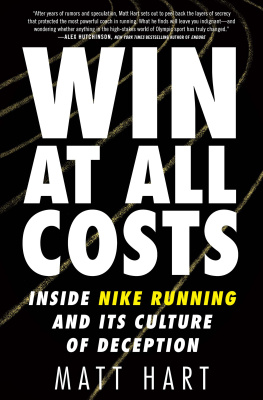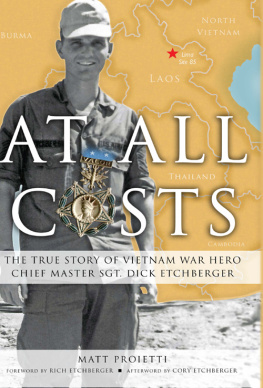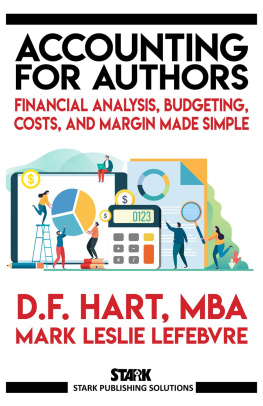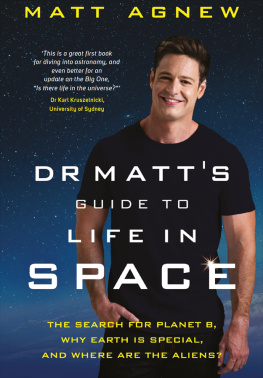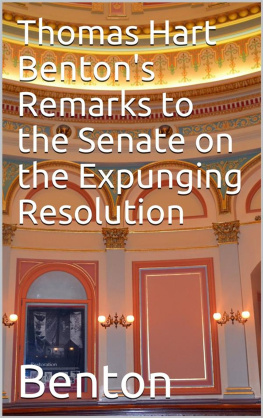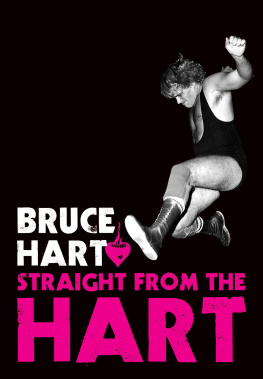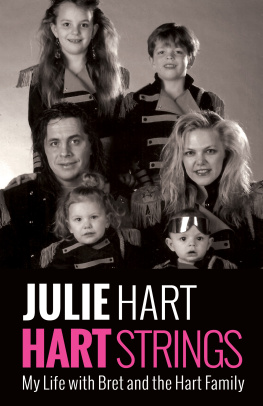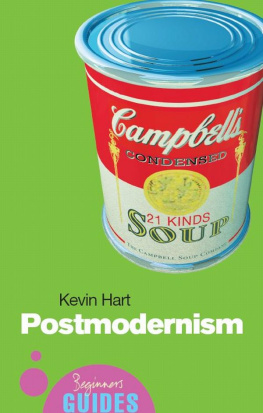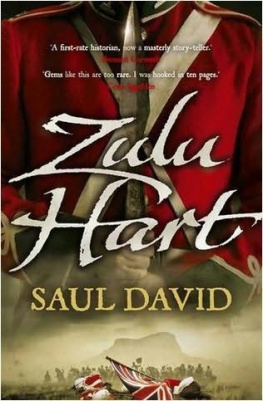Matt Hart - Win at All Costs
Here you can read online Matt Hart - Win at All Costs full text of the book (entire story) in english for free. Download pdf and epub, get meaning, cover and reviews about this ebook. year: 2020, publisher: Dey Street Books, genre: Detective and thriller. Description of the work, (preface) as well as reviews are available. Best literature library LitArk.com created for fans of good reading and offers a wide selection of genres:
Romance novel
Science fiction
Adventure
Detective
Science
History
Home and family
Prose
Art
Politics
Computer
Non-fiction
Religion
Business
Children
Humor
Choose a favorite category and find really read worthwhile books. Enjoy immersion in the world of imagination, feel the emotions of the characters or learn something new for yourself, make an fascinating discovery.
- Book:Win at All Costs
- Author:
- Publisher:Dey Street Books
- Genre:
- Year:2020
- Rating:5 / 5
- Favourites:Add to favourites
- Your mark:
- 100
- 1
- 2
- 3
- 4
- 5
Win at All Costs: summary, description and annotation
We offer to read an annotation, description, summary or preface (depends on what the author of the book "Win at All Costs" wrote himself). If you haven't found the necessary information about the book — write in the comments, we will try to find it.
Win at All Costs — read online for free the complete book (whole text) full work
Below is the text of the book, divided by pages. System saving the place of the last page read, allows you to conveniently read the book "Win at All Costs" online for free, without having to search again every time where you left off. Put a bookmark, and you can go to the page where you finished reading at any time.
Font size:
Interval:
Bookmark:
Contents
TO TESSA
Sport is no longer a release from the harsh everyday American business world but its continuation and apotheosis.
ROGER ANGELL, THE NEW YORKER, 1975
Contents
Honey, the FBI Is at the Door
ON A SUNDAY AFTERNOON IN JULY 2017, TWO INCONSPICUOUSLY DRESSED MEN APPROACHED the front gate to Adam and Kara Gouchers yard in Boulder, Colorado. The family mongrel, Freya, started barking, which alerted Kara to them. She was in no mood for visitors. Earlier that day she had bombed out of a sixteen-mile race-pace workout on the road and was now both irritable and hungry. She turned over the salmon she was cooking for dinner and said to Adam, Someones coming to the door. Do not let them in.
The special agents arrived in Boulder earlier that day and decided to change out of their suits after an hour of driving around town. Though Boulders reputation as a city for hippies is steadily being supplanted by one of opulent wealth, its rare to see a suit within city limits, and they were worried they would draw unwanted attention.
Now in jeans and polo shirts, the men fussed with the front gate. Adam went out to meet them and after a brief introduction, led them inside. Kara glared at her husband, but he gave her a warning look.
These guys are FBI agents, he said.
Kara set the stove to simmer as their six-year-old son, Colton, peeked up from behind the couch where he was playing. The investigators told the couple theyd like to ask a few questions about their former mentor, Alberto Salazar, and their onetime employer, Nike, Inc. Until now, the Gouchers had no idea the Federal Bureau of Investigation was looking into the controversy the couple had been mired in ever since they turned whistleblowers on their coach in 2013, when they reported his alleged misdeeds to the United States Anti-Doping Agency (USADA). No one involved had yet been sanctioned, but the visit that day from the FBI was a soft assurance that they hadnt been whistleblowing into the wind and that there might, at some point, be retribution. USADAs power lies in its ability to ban and suspend athletes, coaches, and doctors from involvement in competition, but they are not a law enforcement agency. The FBI, however, has the power to incarcerate.
Still, Kara wasnt ready to discuss the details of an investigation that had upturned her life in more ways than one. Turning to the agents she said, Can you come back after dinner?
* * *
THE SUMMER OF 2017 HAD BEEN A PECULIAR ONE, HOT WITH ANGER OVER POLITICS and a growing feeling that life in America was manifestly unfair. Truths about rich and powerful men getting away with whatever they pleased, from fraud in the case of Donald Trump to Harvey Weinsteins multiple rape allegations, were all over the news, and the country seemed more divided than ever on the basic facts of our collective reality as the internet gave every conspiracy theory fertile ground, and an audience to grow, regardless of how spurious. It was the same summer that convicted doper and Nike athlete Justin Gatlin denied Usain Bolt, in his last solo race, a fairy-tale ending to a storied career. It was the summer the running world was still trying to digest Nikes controversial multimillion-dollar attempt at the marathon world record. Pursuing the sub-two-hour milestone on a Formula 1 track, the Autodromo Nazionale Monza outside Milan, in northern Italy, Nike broke from International Association of Athletics Federations (IAAF) rules by having pacers swapped in and out of the race, running ahead of the athletes in perfect flying-V formation to block the wind. The competitors, who had footwear technology designed to lessen energy expenditurea shoe called the Nike Zoom Vaporfly Elitechased a green laser that beamed out from the back of an exhaust-free Tesla. Thirty-two-year-old Kenyan Eliud Kipchoge came within twenty-five seconds of the coveted sub-two-hour target, but many saw the event as little more than a publicity stunt and raised skepticism about the legitimacy of the results. Meanwhile, Kara Goucher had recently learned that her bronze medal from the 2007 IAAF World Championships in Osaka a decade earlier would be upgraded to silver. She had found out on social media that the Turkish athlete Elvan Abeylegesse, who finished ahead of Kara in the 10,000-meter race, had tested positive for a banned substance. Using new technology, the IAAF had retested urine from both the 2005 and 2007 World Championships; the reanalysis uncovered thirty-two adverse findings from twenty-eight athletes, and Abeylegesses name was the first to be leaked to the world. Abeylegesse tested positive for stanozolol, the same artificial steroid that caused Canadian sprinter Ben Johnson to be stripped of his Olympic gold medal in 1988.
Two thousand seventeen also saw the news break that the federal governments $100 million civil lawsuit against Lance Armstronginstigated by his former teammate and admitted doper Floyd Landiswould be moving to trial. But perhaps the biggest splash in doping news that year had been the release of the documentary film Icarus by playwright-turned-filmmaker Bryan Fogel. A passionate amateur cyclist, Fogel originally set out to expose the inefficacy of the anti-doping system, but his efforts led him to Dr. Grigory Rodchenkovthen-director of Moscows anti-doping agencyand Fogel found himself embroiled in an unfolding international scandal centered on the 2014 Winter Olympics in Sochi. Russia, as the film depicted, had never had an anti-doping program. Instead, the Russian Anti-Doping Agency (RUSADA) had been serving its athletes, likely for the past forty years, with both the drugs and the means to avoid detection. (Despite more than 1,500 documents made public by the World Anti-Doping Agency (WADA), Russian officials, and their president, Vladimir V. Putin, denied the existence of a state-sponsored doping program.)
Icarus would garner much acclaim, even winning an Oscar for Best Documentary Feature. Lost in these new revelations, however, was the Russian athlete who first exposed her countrys national doping program in 2014a young track star named Yuliya Stepanova.
Yuliya had grown up on a farm with what she described as an alcoholic and abusive father in the city of Kursk, in western Russia. While watching the Sydney 2000 Summer Olympics, she daydreamed of what itd be like to be an Olympian who competed on television and was admired by her entire country. At a running camp years later she overheard girls in the dining hall talking about taking pills and receiving injections. Her coaches eventually confided to her that without performance-enhancing drugs, the fastest a female athlete could expect to run the 800 meters, Yuliyas best event, was about 2 minutes and 5 seconds. Below two minutes would be world class, and to achieve that time shed have to start doping, they told her. Yuliya asked her coach Vladimir Mokhnev to put her on a drug program (Mokhnev has denied her account). Yuliya claims he started her out with testosterone and later added the powerful drug erythropoietin (commonly known as EPO) to her regimen. For a time, Stepanova received an EPO shot every other day, and began taking Turinabol (the anabolic steroid given to East German athletes in the 1970s and 80s).
The effects of the drugs, for Yuliya, were dramatic. Her personal record dropped from 2:13 to 2:02, and after winning an age-group national championship, she earned a coveted spot on her countrys international running team. Performance-enhancing drugs were a normal part of athletic training for many Russian athletes. Yuliya knew the risksbeing caught cheating meant she could be banned from competitionbut as she later told the New York Times, she was committed to doing everything her coaches asked of her: I train like they say, I take drugs like they say. And with her athletic dreams beginning to come true, she had little incentive to stop. She was a professional athlete with a modicum of fame in her home country, and the government paid her about forty-eight thousand dollars a year (a considerable sum in Russia) to do nothing other than to train and race.
Next pageFont size:
Interval:
Bookmark:
Similar books «Win at All Costs»
Look at similar books to Win at All Costs. We have selected literature similar in name and meaning in the hope of providing readers with more options to find new, interesting, not yet read works.
Discussion, reviews of the book Win at All Costs and just readers' own opinions. Leave your comments, write what you think about the work, its meaning or the main characters. Specify what exactly you liked and what you didn't like, and why you think so.

